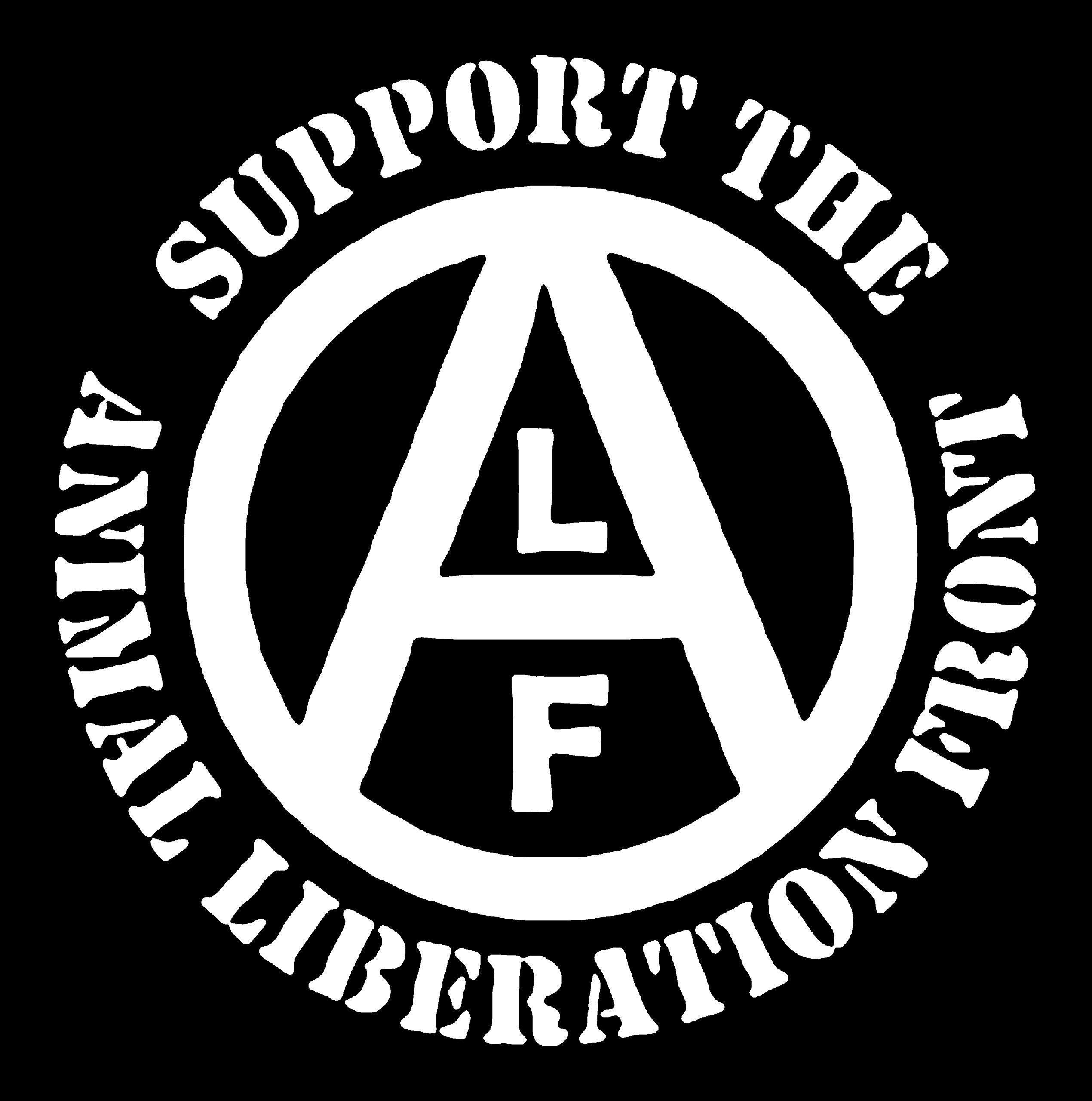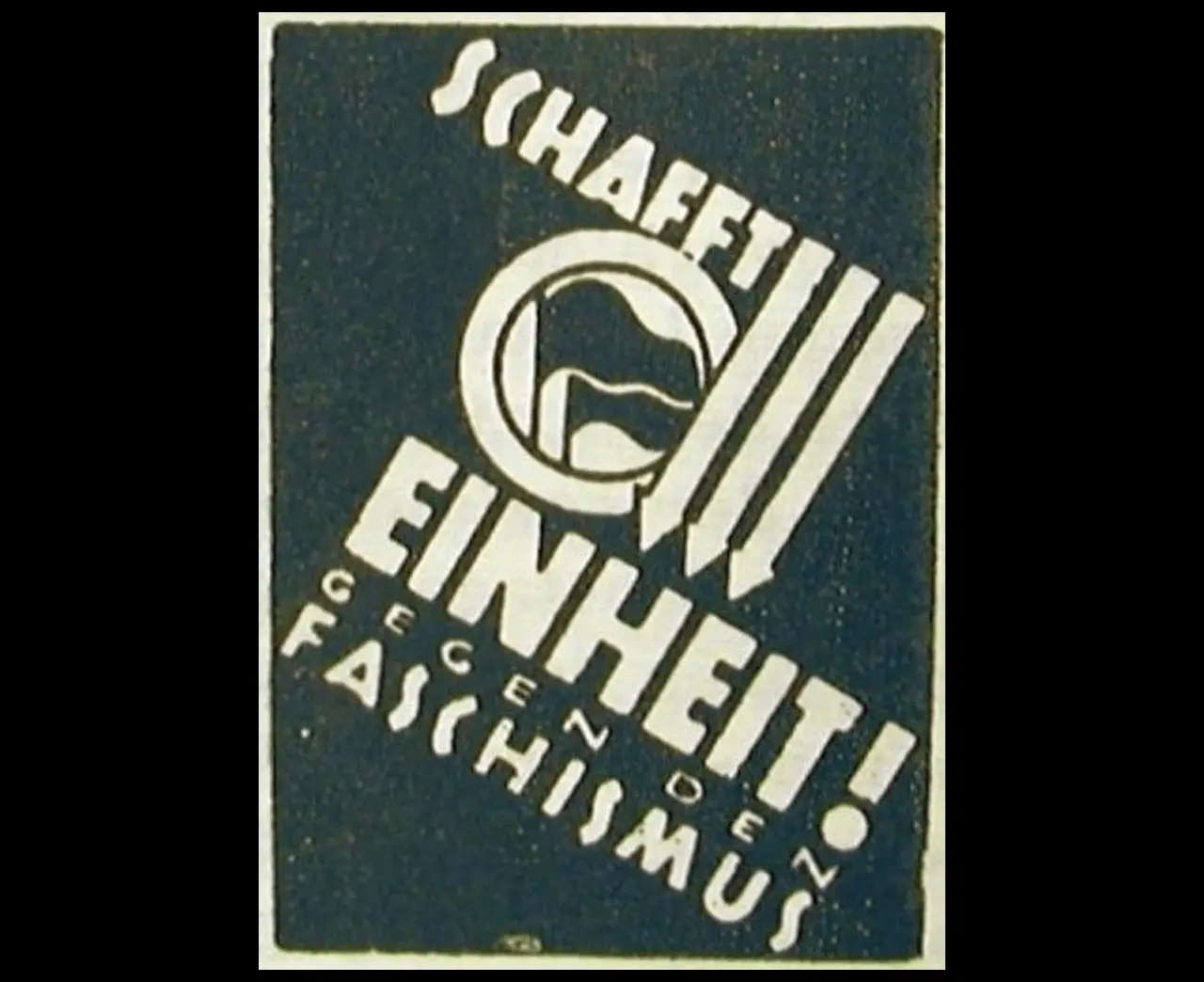by Jon Hochschartner
I recently came across some references to a vegetarian socialist organization founded in Weimar Germany, that was active in the anti-Nazi resistance, before it merged with the Social Democratic Party of Germany after World War II. The group was called the Internationaler Sozialistischer Kampfbund, which generally seems to be translated as the Militant Socialist International or the International Socialist Militant League.
According to author Karl-Eugen Kurrer, writing in The History of the Theory of Structures, the ISK was founded in 1925 by Leonard Nelson, a Kantian socialist. Nelson died only a couple of years later, but the organization continued without him. Members were apparently required to be vegetarian, among other things, which no doubt limited the group’s appeal.
If Nelson’s writing is any indication, the ISK position was motivated by anti-speciesism. “A labourer who does not just want to be a ‘prevented capitalist’ and who is thus serious about the fight against all exploitation, does not bow to the nefarious habit of exploiting harmless animals and does not take part in the everyday murder of millions of animals,” he is quoted as having said in Saskia Stucki’s One Rights.
In his book The German Workers and the Nazis, Francis Ludwig Carsten wrote the ISK maintained five vegetarian restaurants. “In July 1933 a meeting of the local leaders held in Saarbrücken adopted guiding lines for underground work based on a long perspective and intensive training of the members,” the historian said. “Groups of five were to be organized with the ISK as the core so new members could be recruited.”
During this period, the organization’s main focus was on trade union activity, a strategy supported by the International Transportworkers Federation, according to Carsten. The ITF smuggled a publication into the country which the ISK distributed. “For years they conducted effective underground propaganda, and in spite of all Gestapo efforts, spies were unable to penetrate the small groups,” the historian said.
This changed in late 1937, by which time the Gestapo had appointed a special section to deal with the ISK. “During the following months about 100 people were arrested in many parts of Germany and many of the groups were virtually liquidated, in towns as far as Augsburg and Frankfurt in the south and Bremen, Hamburg and Hanover in the north,” Carsten wrote in the aforementioned text.
Some exiled ISK leaders sought to reconnect with what was left of their organization during World War II. Anne Kappius traveled to Bremen in 1943, Carsten notes, while a less fortunate ISK member was killed crossing the German frontier. Jupp Kappius parachuted into the country in 1944 to make contact with members of the group who had been released from prison.
Following the Nazi’s defeat, the ISK was absorbed into the refounded Social Democratic Party of Germany. According to Carsten, some members of the vegetarian group played a prominent part in the larger organization. I’d love to learn more about the ISK. It seems like a promising research subject for someone fluent in German, with an interest in socialism and animal rights.
Jon Hochschartner is the author of a number of books about animal-rights history, including The Animals’ Freedom Fighter, Ingrid Newkirk, and Puppy Killer, Leave Town. He blogs at SlaughterFreeAmerica.Substack.com.


